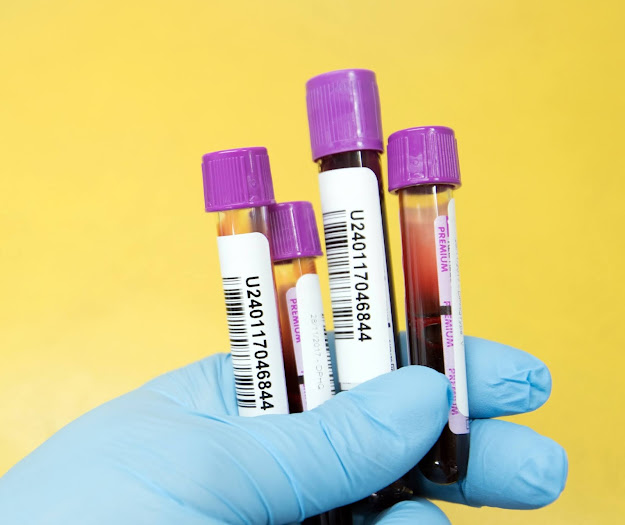- General
- September 21, 2020
- 3 minutes read
Illumina Scoops Up Grail
Genetic sequencing company Illumina has announced that it’s reached a deal to acquire Grail, a cancer detection upstart, for $8…
Genetic sequencing company Illumina has announced that it’s reached a deal to acquire Grail, a cancer detection upstart, for $8 billion in cash and stock. The announcement corroborates a recent report of Illumina looking to acquire Grail, which recently filed to go public and is actually a spin-off from Illumina. Under the terms of the deal, Illumina will cough up $3.5 billion in cash and $4.5 billion worth of shares for Grail, in which it already holds a 12% stake in. The acquisition will be funded by Illumina’s current balance sheet as well as debt facilities including a $1 billion loan the company has secured from investment bank Goldman Sachs. It’s structured in such a way that current Grail shareholders will also get rights to a portion of Grail’s future revenues, rights of 2.5% of revenue amounting to $1 billion, and 9% of revenue above $1 billion for the next 12 years.
The acquisition represents a successful one for Grail, which was founded and spun out of Illumina in 2016. As a standalone private company, Grail had raised $2 billion in funding from investors including notable names like Sequoia Capital China, Johnson & Johnson, and Amazon CEO Jeff Bezos. Grail is working on a laboratory test for early cancer detection from blood, still in the clinical trial stage with no established product or revenue yet. Grail expects to debut its product commercially by next year. The company claims an early version of its test was successful in detecting more than 50 types of cancers, 45 of which currently have no recommended screening in the US.
Grail’s acquisition represents yet another big win for the company’s chief executive Hans Bishop. Before joining Grail, Bishop led biotech company Juno Therapeutics through a $9 billion acquisition by Celgene. He has now scored yet another big deal as a biotech chief executive, a deal that’s expected to close in the second half of next year.







